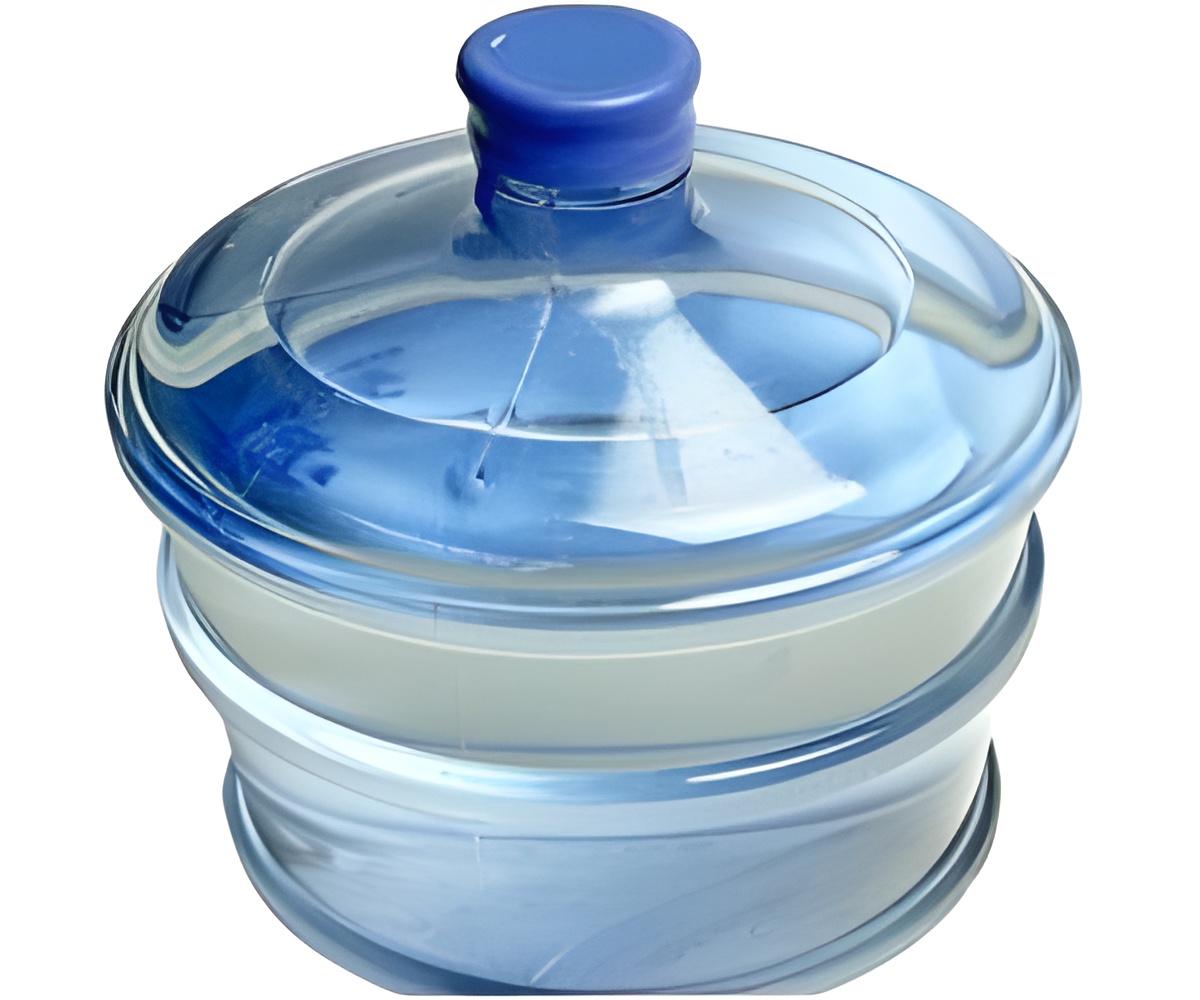Scientists are undergoing a way to create plastics that have fats and oils as a key ingredient.

The development could lead to a more sustainable source of the ingredient, which currently comes from petroleum.
Douglas Neckers, Ph.D., explains that many of the plastics found in hundreds of everyday products begin with a group of chemical raw materials termed olefins. Petroleum is a common source of olefins, which include ethylene, propylene and butadiene.
These are the building blocks for familiar plastics like polyethylene, polyester, polyvinyl chloride and polystyrene. The scientists sought a more sustainable alternative source of olefins.
Their report describes use of "UV-C" light to change lard, tallow, olive oil, canola oil and waste canola cooking oil into olefins. Neckers says that this is the first report on use of this photochemical process to make olefins.
The study has been published in the journal ACS Sustainable Chemistry and Engineering.
 MEDINDIA
MEDINDIA




 Email
Email








